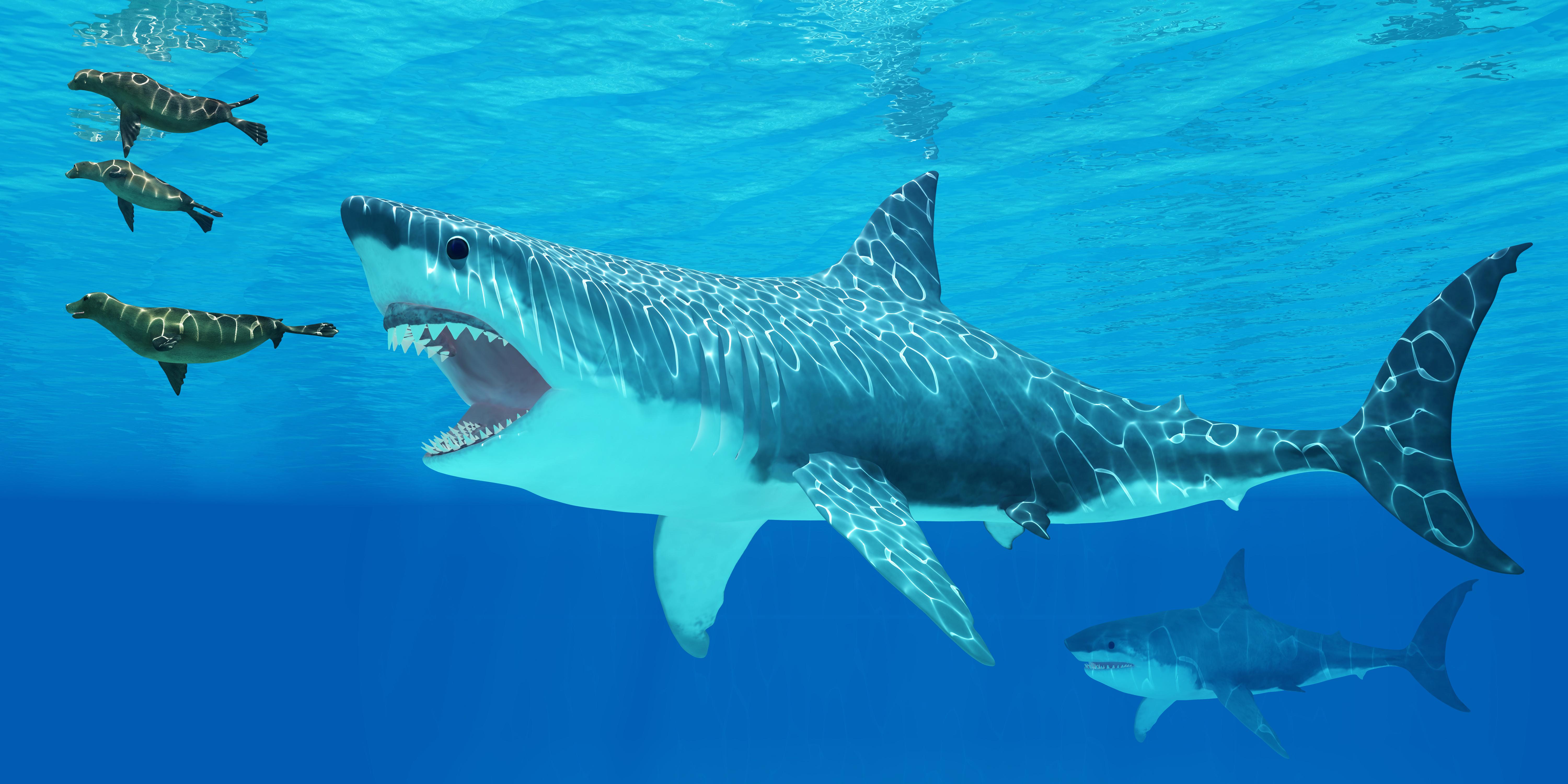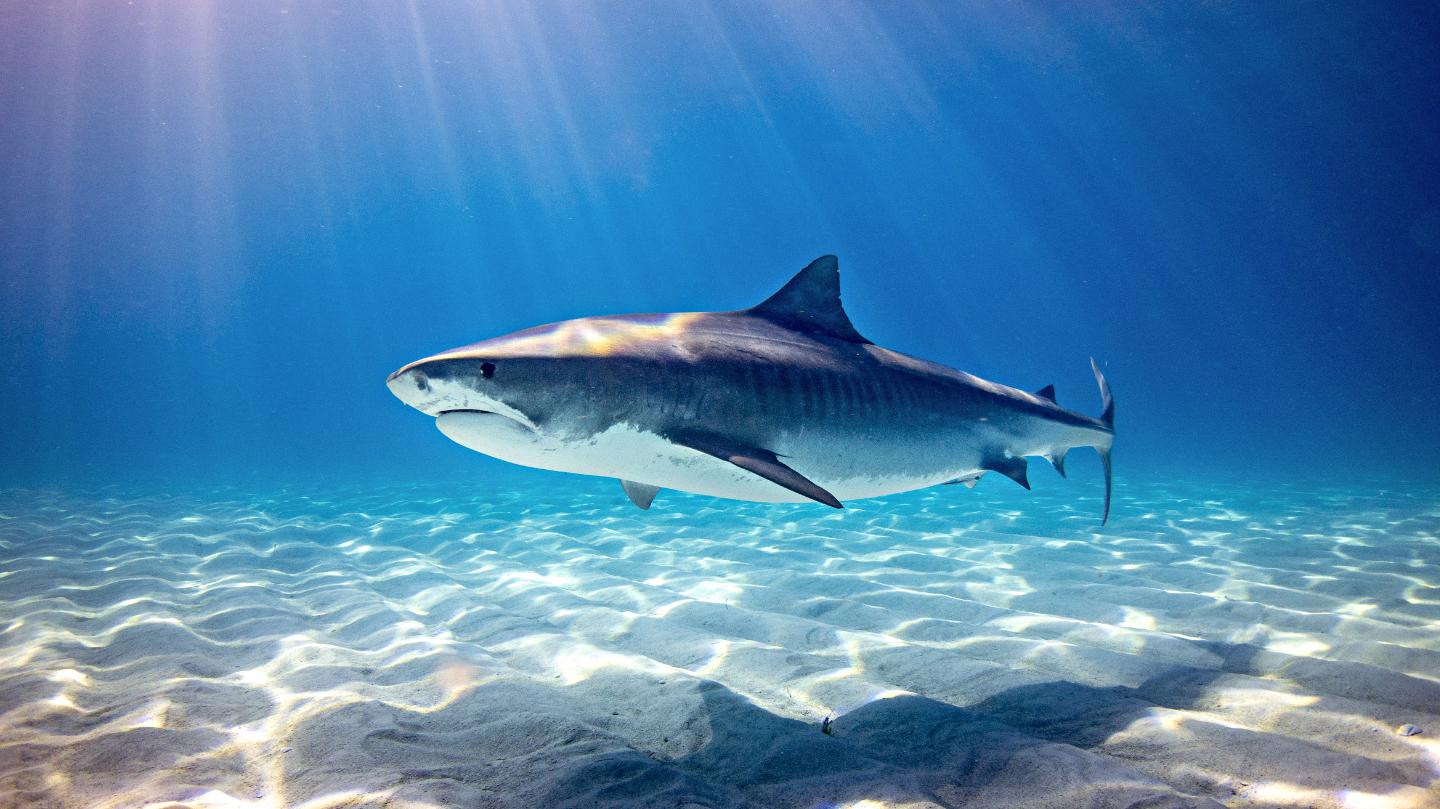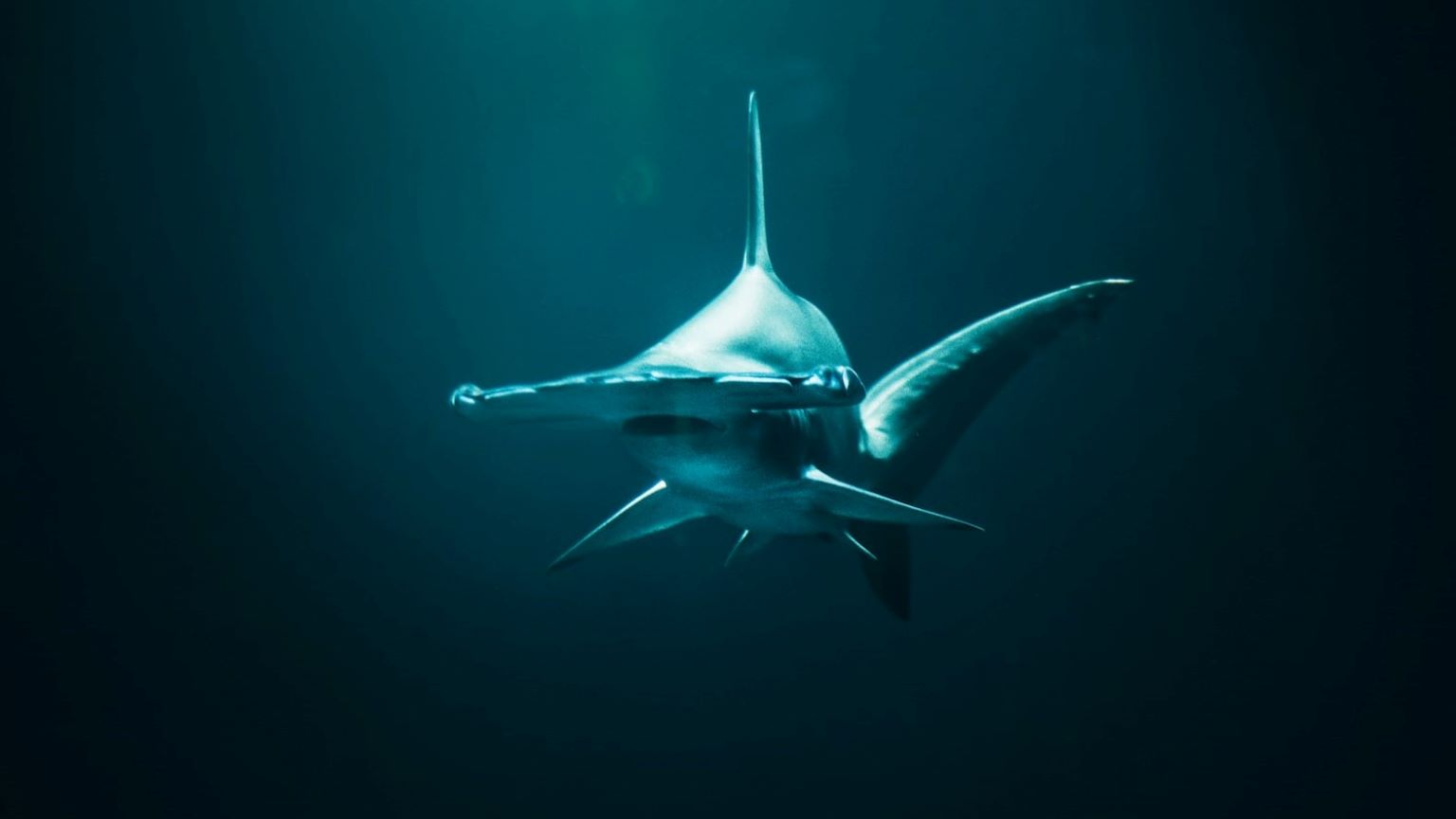“Cocaine Sharks” are just another fishy tale on Discovery’s Shark Week

- Discovery Channel’s Shark Week often shares incorrect or wildly misleading information about sharks. This year, the trend continues with a show called “Cocaine Sharks.”
- The show suggested that sharks off the Florida Keys are getting high on and even addicted to cocaine. But the experiments in the show were unconvincing.
- Researchers aren’t sure if cocaine would even affect sharks. If anything, cocaine acts as an anesthetic in fish.
For 35 years, Discovery Channel’s annual Shark Week has entertained audiences with shows about our fishy, elasmobranch friends. Unfortunately, however, Shark Week often does sharks (not to mention humans) a disservice, sharing a staggering amount of incorrect or wildly misleading information, as a group of marine biologists reported last year after watching every Shark Week episode ever broadcast. This year, Discovery Channel continued this regrettable trend with the release of “Cocaine Sharks” last week.
“Cocaine Sharks”
No doubt intended to mirror the viral success that was Cocaine Bear, a movie released earlier this year about a bear that goes on a murderous rampage after consuming a large amount of cocaine discarded in the woods, “Cocaine Sharks” represents an attempt to explore whether sharks off the Florida Keys are getting high on and even addicted to cocaine occasionally dropped by drug smugglers in the coastal waters, potentially turning them hyperactive and aggressive. For decades, newspaper stories have highlighted how bundles of cocaine wash up on Florida’s shores after apparently being lost by smugglers. The reports are echoed by fishermen who have told tales of sharks biting into the bundles and becoming hyperactive and aggressive.
In “Cocaine Sharks,” marine biologist Tom Hird and environmental scientist Tracy Fanara teamed up to test whether there is any truth to these claims. They first jumped into shark-filled waters off the Florida Keys and observed local lemon, sandbar, and hammerhead sharks, watching for any unusual behavior potentially indicative of cocaine exposure. This was a fruitless exercise, as cocaine is a fairly fast-acting and rapidly-metabolized drug, so they would never be able to conclusively attribute any abnormal behavior to cocaine. After noting some “tweaked” behavior in a potential “junkie shark,” they concluded their dive, subsequently admitting that nobody knows what a shark high on cocaine looks like.
Hird and Fanara then conducted an experiment, plopping a few square, white bundles in the water meant to mimic bales of cocaine. Nearby, they positioned a few plastic swans, intended to represent a sleeping pelican, potential prey for the sharks. Would the sharks be more interested in the bundles or the swans, they wondered? While the methodology wasn’t exactly rigorous, the duo found that the local sharks seemed more interested in the bundles, even taking a bite or two out of them. While Hird noted that this simply could be because the bundles are an interesting new thing in their environment, the experiment showed that sharks may interact with floating bundles of cocaine, potentially getting high and transforming into “cocaine sharks.”
For fish, cocaine is an anesthetic
But what would a cocaine shark even look like? Cocaine acts on dopamine transporters in the brain, blocking the recycling of this “pleasure hormone” and allowing it to build up in synapses, producing feelings of euphoria and alertness but also potentially resulting in panic, hyperactivity, and even aggression when consumed in large amounts. Hird and Fanara dropped a bunch of dried fish powder into the water, suggesting that this tasty treat might mimic the effects of cocaine on sharks. Swimming through the fish powder, the sharks certainly got excited, but there’s no way to know if cocaine would create the same effect.
In the past, scientists actually have given cocaine to zebrafish, a popular animal model in research, and it didn’t seem to have much of an effect on their behavior. Throughout “Cocaine Sharks,” viewers were frequently shown a video of jumping, hyperactive salmon in a tank and told that they were high on cocaine. But this was misleading. The video was shot at a German fish farm where authorities subsequently found that the water tanks had been contaminated by a polluted stream nearby, distressing the fish. While they did find cocaine and other chemicals in the stream, cocaine was not present in the fishes’ habitat.
For the grand finalé of “Cocaine Sharks,” Hird and Fanara had a plane drop white bales full of fish powder into the water, causing quite a frenzy among the local sharks. Would a cascade of tightly wrapped cocaine bundles prompt similar excitement? It’s impossible to know for sure, but it’s probably unlikely considering there wouldn’t be anything sumptuous for the sharks to smell.
Hird and Fanara conclude “Cocaine Sharks” by calling attention to the sad fact that our oceans have become dumping grounds for all sorts of human-made chemicals, including illicit drugs, harming animals and ecosystems. They do not, however, conclude that “cocaine sharks” are real — probably because they aren’t. The amount of cocaine dropped off the Florida Keys isn’t enough to get the local wildlife hooked, nor do we even know that it would get them high. As reported by the Palm Beach Post, Florida International University PhD student Laura Garcia Barcia said, “A few studies done with cocaine shows that it affects fish really differently than it affects humans.” It acts as an anesthetic, not as a stimulant.
With “Cocaine Sharks,” the Discovery Channel has told yet another fishy tale.





